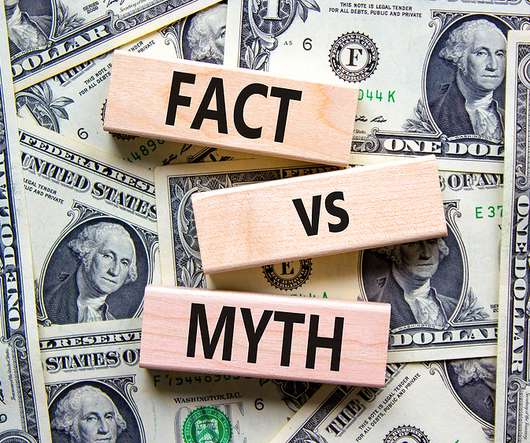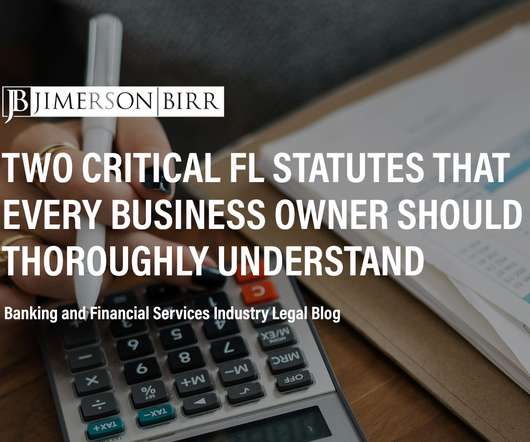$225,000 Punitive Damages Award Upheld Where Creditor Repeatedly Contacted Customer After Being Notified of Attorney Representation
Troutman Sanders
NOVEMBER 8, 2023
Ultimately, the plaintiff filed for chapter 7 bankruptcy protection, listed the defendant as an unsecured creditor, and obtained a discharge of her debt. After receiving notice of representation, the defendant sent five billing notifications to the plaintiff and made six telephone calls attempting to collect on the $5 monthly payment.

















Let's personalize your content